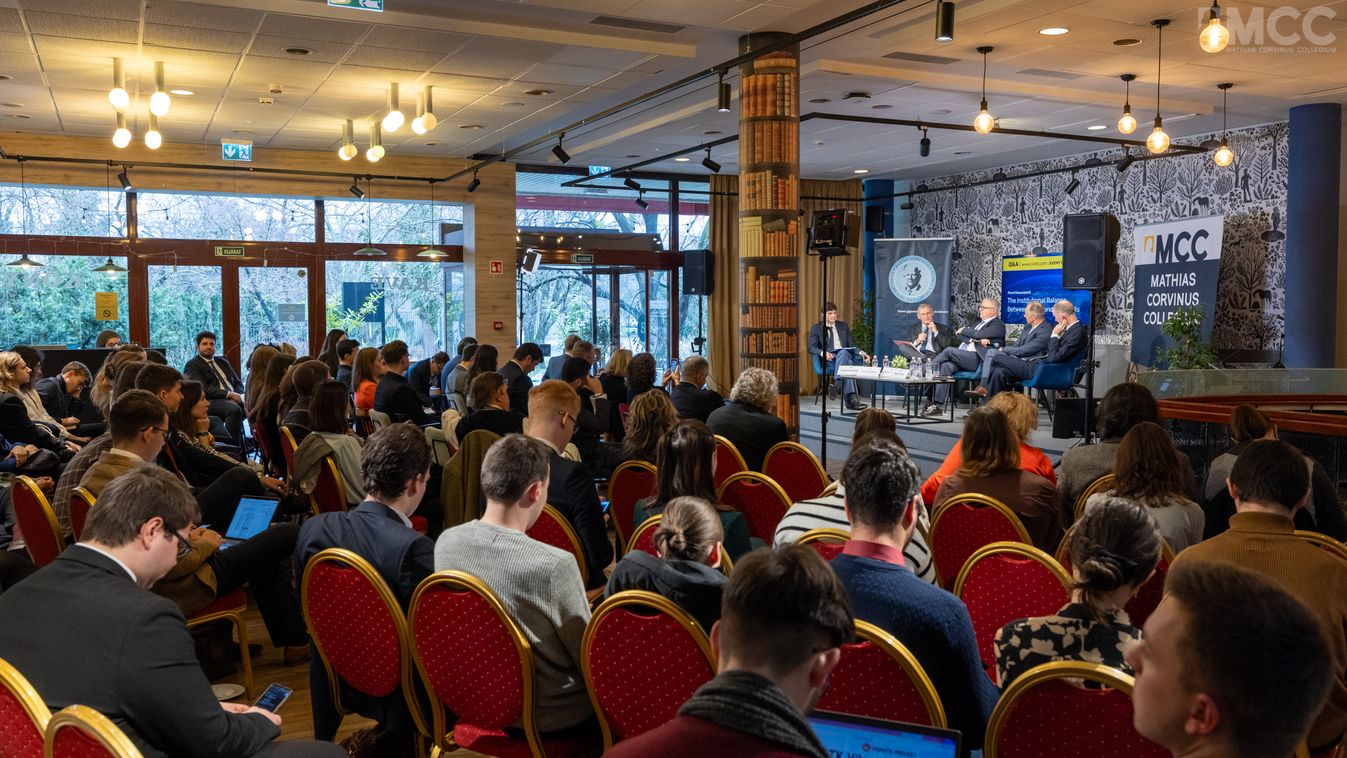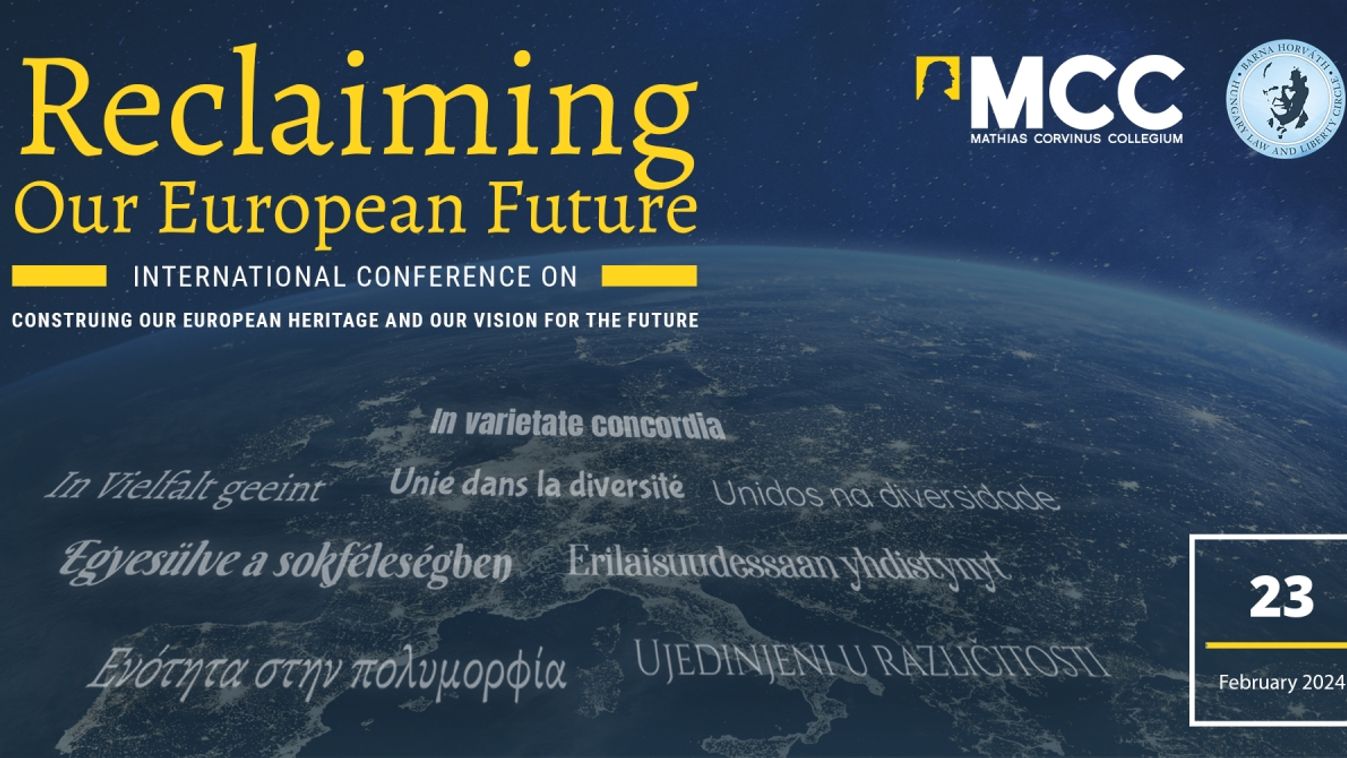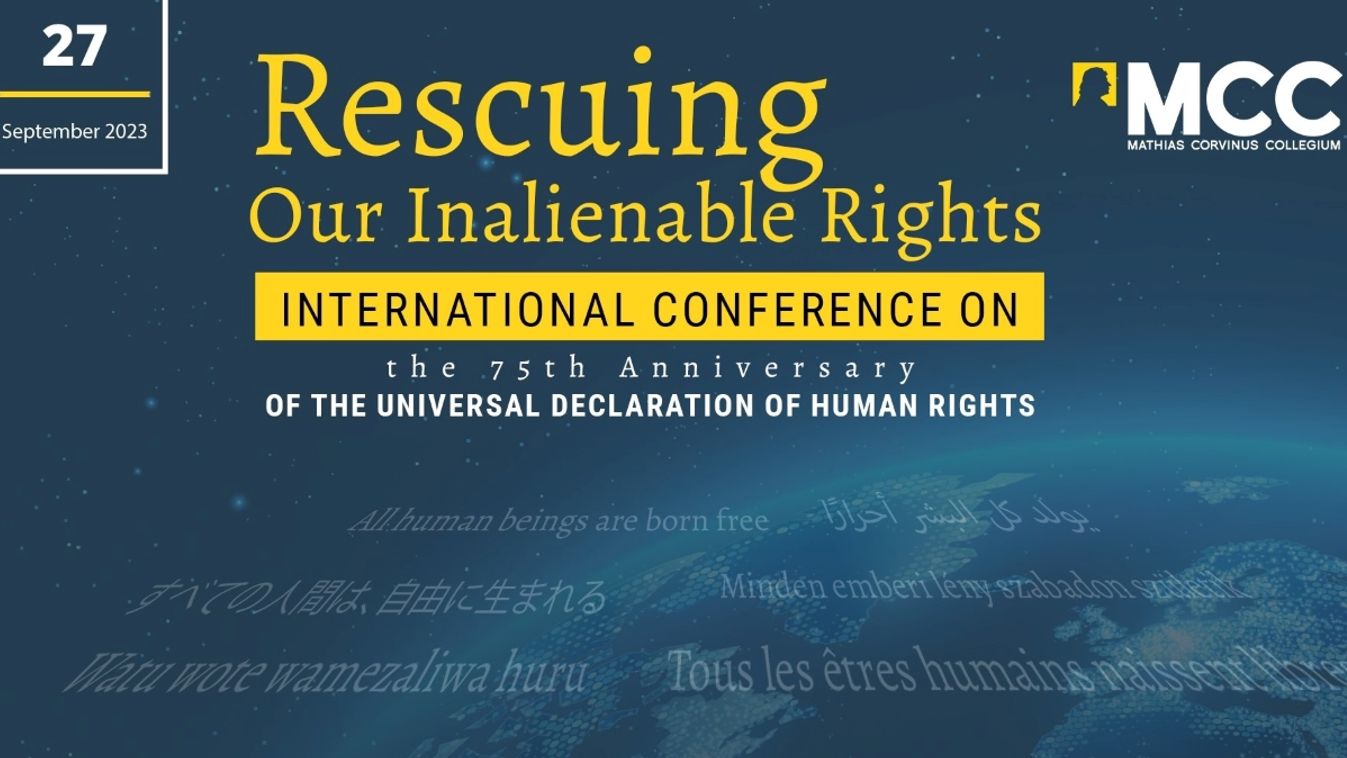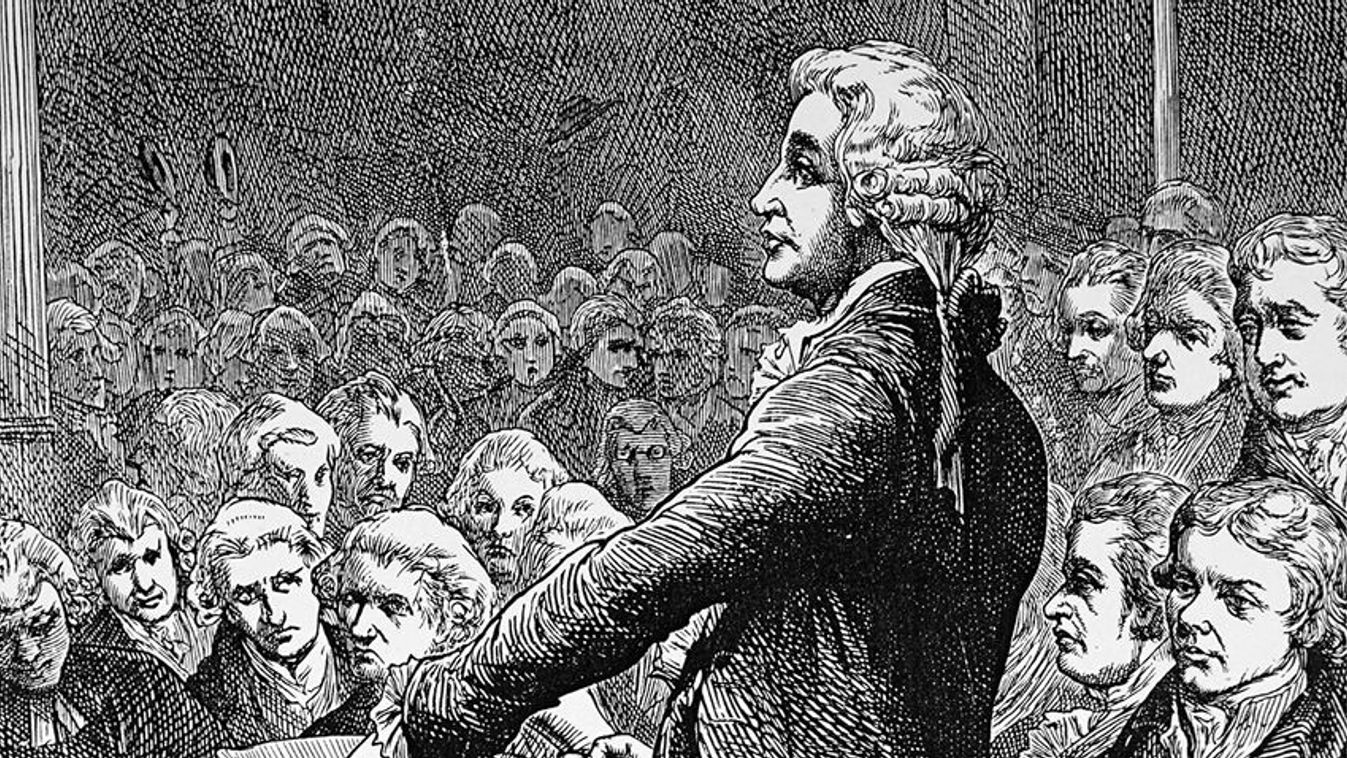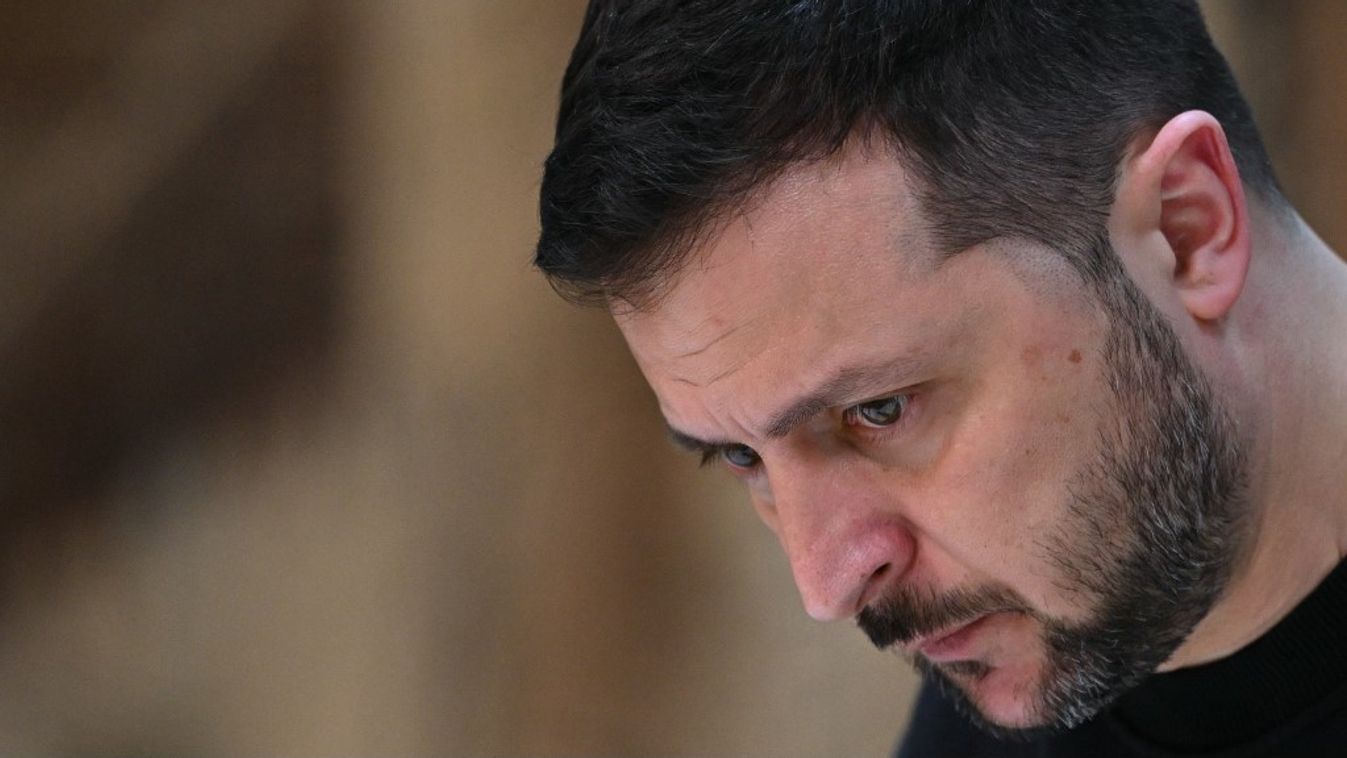Charles R. KESLER is a Professor of Government at Claremont McKenna College and Claremont Graduate University. He is editor of the Claremont Review of Books, and the author of several books. He also serves on the Board of Trustees at New College of Florida. He is the author of numerous books including “Crisis of the Two Constitutions: The Rise, Decline, and Recovery of American Greatness”.
On both sides of the Atlantic, we can see some renewed efforts to rediscover the unique American and European ways of life that once elevated the Western civilization and culture. What, in your view, have been the underlying causes that have led to the need to rediscover and explore once again these traditional values and virtues of the Western civilization?
There are, of course, many factors, but I think
we are reaching the limits of diversity in Europe as well as in America.
I mean the limits of diversity as a concept, not necessarily the limits of our capacity to absorb different cultures or kinds of people. We are reaching the limits of the completely open approach to societies—to presuming that societies need have no homonoia (to use Aristotle’s term), no common mind or civic agreement on fundamental issues, including questions as basic as such as who should be a citizen and why. If you take the point of view that Willmoore Kendall used to criticize as “all questions are open questions,” then societies tend to empty out of reasonable moral and political agreement and devotion.
Every people has to agree on certain matters,
though certainly not on all matters, in order to be a people. Otherwise you get civil war or tyranny. These include, among other things, how your people would care to govern itself, and what is distinctive and excellent about your country. But these matters also include moral and political notions that could be formulated more universally and shared with other peoples as common virtues or moral standards.
You make the argument that the United States now has actually two constitutions. How in your view does this divide reflect a rift in terms of the American Constitution as well as of the American way of life and virtues?
The divide we have in the United States is between the partisans of two increasingly different constitutions and two very different ways of life. At the bottom, these two constitutions have different views of justice. Therefore,
it is increasingly difficult for Americans to imagine a common future for themselves
or a common way of governing themselves or being governed. They imagine two different purposes for government and two very different rules of justice that government should observe. One I call the “Founders’ Constitution” that comes out of the Declaration of Independence and the original constitution including the subsequent amendments. That understanding was premised upon man being a “rational animal” and so this is a constitution of natural rights and natural law. The second constitution is the liberal or the progressive Constitution which began to be formulated abstractly at the end of the 19th century. It became politically viable as a project or program in the Progressive Era and enjoyed important moments of political triumph in the 1930s as well as in the 1960s. It was a rolling revolution in a sense that it did not happen all at once; it advanced in three waves that represented, in effect, three successive breakthroughs amid periods of conservative consolidation. In a certain sense,
the long ‘60s is still going on since most of the issues of contemporary American politics are repetitions or intensifications of the questions the ‘60s posed to the country.
Each of these two constitutions has loyal supporters in America.
You mentioned three waves of progressivism. Is the “woke” ideology the third one? How does the rise of the “woke” ideology divided societies throughout the West and erode the traditional ways of life?
“Woke” comes out of the third wave. It is a development of the ‘60s and it follows from the denial that human beings as such have rights. Instead, only types of human beings have rights: humans are divided by race, by ethnicity, by sex or gender in new ways. This new classification stems from the racial and sexual revolutions of the 1960s, which emphasized the bodily origins of the self or the willful side of personal and group identity and above all, the special rights that each group demands in the form of “recognition” from all the other groups and from the law.
It demands these in the name of social justice, which at this point is very hard to distinguish from will to power.
The European Union is currently marred by the so called “rule of law” debates and threats of various procedures that aim to discipline Central-European Member States, especially Poland and Hungary. How do you see these debates overseas?
These debates, too, concern two accounts of human rights and of human well-being. In some ways the present European debate is familiar to Americans because of American federalism. We have always been divided into federated States that disagreed politically on many things including how to interpret the Constitution. But the American Union is an actual political Union marked by the consent of the governed and by a constitutional rule of law defining and limiting governmental power.
The European Union, by contrast, seems to have devolved into a postmodern bureaucracy
with a bureaucrat’s idea of what the rule of law should be, in which popular consent is a very small element if at all. It is a top-down arrangement in which the bureaucrats are in charge of limiting their own power.
Democracy in the EU is effectively redefined as the juridical protection of ever new lifestyle rights.
From the EU’s point of view, if you as a country do not have homosexual marriage or transgender rights or the latest cutting-edge discovery of welfare or immigration rights, you violate “democracy” and virtually have no rights at all. In short, to the EU the future consists in replacing bourgeois with anti-bourgeois rights, rights respectful of natural law with rights liberated from it. This is one of the reasons why the new progressivism both in Europe and America is really hostile to deliberation as a crucial element of democracy.
Maybe this is one of the reasons that led to the disappointment of Central-European countries that underwent the regime change in the hope to achieve freedom, democracy and self-government. How do you see the approach, general and European politics of the Hungarian Prime Minister Viktor Orbán? Why is it attractive to national conservatives in America?
I see certain similarities between the situation that he is in and the situation that American conservatives are in. I would express the strategic similarities as follows: the progressives over here never really came clean concerning the relations among the three waves of liberalism. For example, President Franklin Roosevelt endorsed in his 1944 Annual Message what he called “the second Bill of Rights,” meaning new socio-economic or welfare rights like the right to a job, to health care, to education, and so forth. But what was the relation supposed to be between the second and the original Bill of Rights, that is, the one contained in the first ten amendments to our written Constitution, protecting among other things freedom of speech, press, religion, private property, and due process? Was the Second intended to fulfill the First, or to nullify it? To supplement or to supplant it? Without admitting it, FDR sought far more than merely making the First Bill newly relevant to modern conditions. In cases of conflict, he expected the Second Bill, though never formally approved as statute law much less as constitutional amendments, to prevail. That is the revolutionary implication of this kind of historicist or evolutionary rights theory. That is why older, traditional rights just do not excite modern progressives. All the drama of self-government for them lies in the production, legalization, and adoption of new rights by every country and every democracy around the world. Indeed, the health or quality of a democracy is nowadays measured mainly by its progress in implementing the latest infusion of rights.
Hungary, like Poland, resists because Central-European conservatives are not persuaded that the new rights ought to supplant the older philosophical and religious accounts of human rights,
just because the vintage is newer. They do not know whether it is prudent to welcome and adopt such rights or not. And there are plenty of reasons, Aristotelian, Burkean, Lockean, Christian, etc., for doubt.
I think it is also a clash about local virtues and global or transnational gravitation. How do you see this point of view?
I am a defender of the nation state on the grounds that it is the best modern form of political association, highly compatible not only with self-government but with political responsibility.
